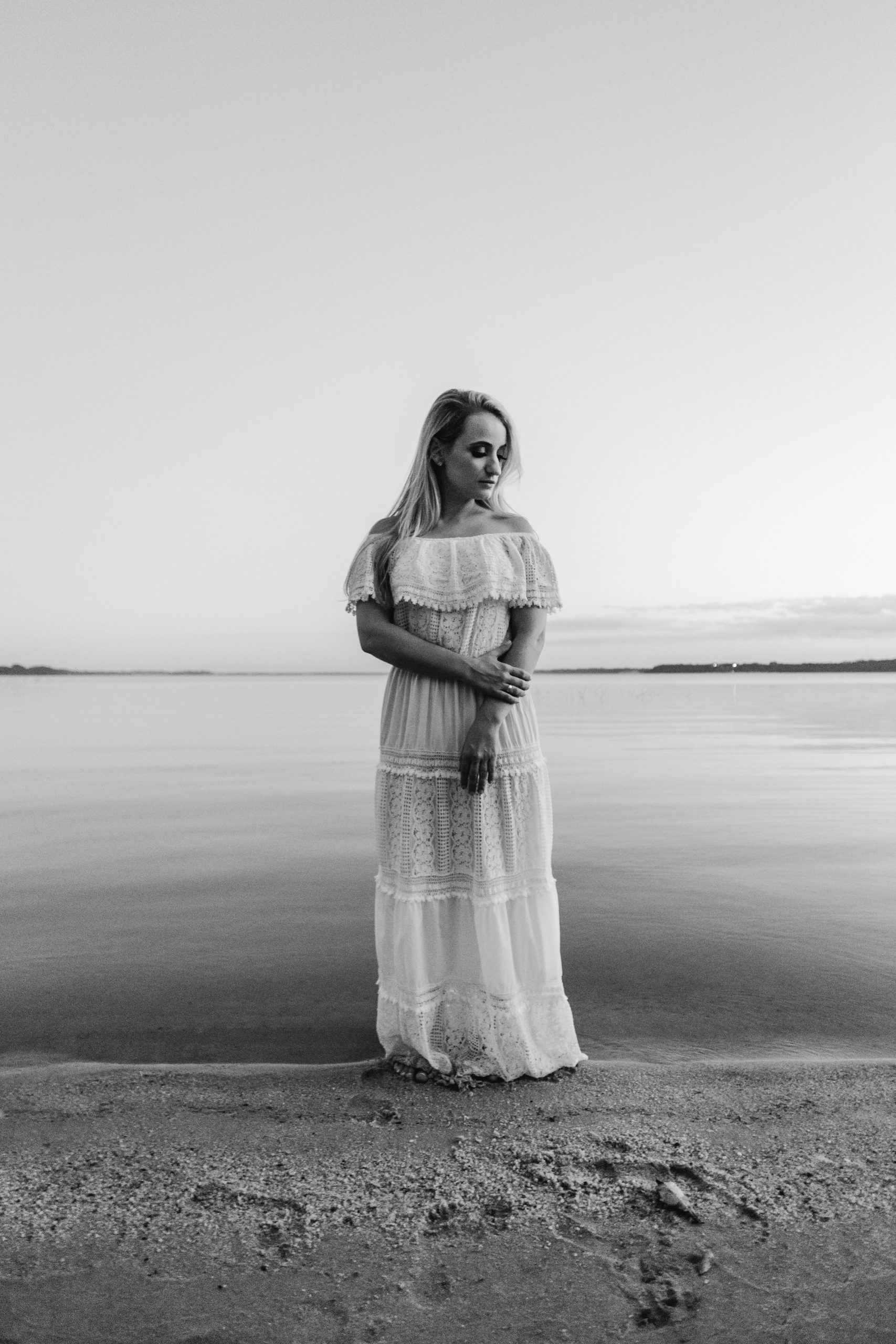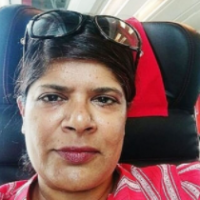A close lady friend of a dear friend of mine made news among our extended friend circle three years back when she announced her plans to adopt as a 30-something single woman.
She told us that she has registered with the Central Adoption Resource Authority (CARA), which is the main authority that regulates adoptions in India. The lady in question has a relatively high-paying job, owns her modest two-bedroom apartment outright, has a healthy bank balance, and has an extended community of helpful family and friends.
Three years on and despite media reports of how the process of adopting for single women in India is easier, my mutual friend is yet to get a child. She refused to get into details about the adoption process since she is still hopeful that she will get her son or daughter soon, but she did suggest that one key aspect to her not getting a child to adopt is the constant question about her marital status. According to my friend, adoption agencies automatically veer toward placing a child with a married heterosexual couple as opposed to a single person—man or woman.
“They always ask me to get married and have my own biological child. The fact that I’m a 30-something woman who would rather adopt than give birth is not something they’re able to accept,” my friend said ruefully.
A famous film actress in India (who only recently got married) tweeted sometime back—when she was single—that she wanted to adopt a baby/child. Swara Bhasker said, “The process of adoption is very detailed with several steps, including background checks. That happened to me as well.”
While Bhasker claimed that adoption agencies were no longer discriminating against placing children with single women, she also claimed that the wait list is three years long—even for celebrities like her.
While conversing about our mutual friend’s adoption application process, I brought up Bhasker’s desire to adopt (as a then single woman) with an extended female family member a few months back. I was on a roll and went on and on about the unfairness of the adoption process—especially how long the process takes. Oh, God, I get it. One absolutely needs to do due diligence before placing an unprotected child with some random stranger, but given the sheer number of kids waiting to be adopted, a waiting period of three years seemed excessive to me.
“Well…that’s good,” said this auntie. “That means they’re doing their jobs and making sure that a single woman can actually take care of a child. It’s a very big responsibility,” she said.
Ah! The dreaded “S” word showed up in our convo and pretty quickly at that!
I prodded her and wondered if she felt that way about women who are single, or men, as well? She assured me that she was no bigot or sexist. But in certain societies the support system for a single woman with a child is a lot less than a man with a child, she said.
So, what about Bhasker, I asked. She is an extremely outspoken actress who has never shied away from voicing her opinions. She is famous, well-known, and honestly if she did something terrible people will know. She can’t get away from hiding a tweet, so there’s no way she’d get away with abusing a child. Couldn’t they give her a child sooner? I asked, playing devil’s advocate.
“Well, no one can and should jump the line,” Auntie argued. That I agreed with; that was fair. But hypothetically, if that was not a factor, should someone like Bhasker get a child sooner?
Not really, Auntie said. Her being famous or not is not an issue, her being single is. The adoption agencies need to make sure that she can take care of a child on her own—that if something were to happen, God forbid, she can look out for the child.
So, here we are then. It’s 2023. And there are aunties who still strongly believe that single women cannot take care of children if they adopted them on their own. Single women can work, make money, open bank accounts, buy their house, pay all their bills, take care of their old parents, run around hospitals and doctors, and make life-changing decisions for their families…but no. They simply cannot take care of a child because…wait for it…they’re single women.
“You don’t get it, Roopa,” Auntie told me. “You’re not a parent.”
Agreed. I’m not a parent. So, I guess I wouldn’t know what it means to raise a child. Although when someone becomes a parent for the first time, they do so have not been a parent until then. They are allowed to learn on the job, but when it comes to a single woman wanting to adopt, suddenly there are so many excuses.
“Single people are also very selfish. And self-centered. You need to have a big heart to be a mother,” Auntie was on a roll.
Again (until we all get married or get a partner or are in a relationship), aren’t we all single and a bit selfish and self-centered? But then we learn, right? So why can’t single women be allowed to adopt a child and then grow into becoming mothers? Like…uh…all mothers do? All those who give birth? Sure, she is probably selfish and self-centered now, but when she becomes a mother, she won’t be anymore. Like Auntie when she got married.
Auntie shook her head fiercely to show her disapproval. It’s almost as if she knew from being in her own mother’s womb how to be a parent. And the rest of us—especially the single ones—have no clue how to handle it.
I continued to push Auntie and asked her if the fact that Bhasker is a puppy parent counts. I know of friends who genuinely pay more attention to their pets than maybe their own kids. You don’t have to become a biological mother, give birth, or adopt to experience mothering. A lot of us women nurture and mother our own parents when they get old. I know I did. Many have pets, many mother their friends, and many nurture extended family members—young and old. Just because we don’t call those relationships mother-child doesn’t mean that mothering did not happen. It is the biggest fallacy that women are mothers only when they become mothers. You can mother and nurture without ever having a child.
Auntie then dropped something that I did give a serious thought. “Swara Bhasker is famous. Her kid will probably not face the same issues and judgment that an ordinary person, like our family friend or even you, Roopa, for example, would face if you were to adopt. Being famous and rich is a lot more easily forgiven than if you’re from a middle-class family. And while adoption may be great for you and fulfil your desire to become a parent, the child will suffer. Not just because the child is adopted but adopted into a middle-class, single-parent home. There are still many who point fingers at adopted children and their families. It’s not easy.”
While I think that adoption is a total win-win for both parties (the parent who wishes to adopt and the child who desires to be a part of a family), I did understand my Auntie’s perspective. At least WRT India—what my Auntie said is a fact. The fact is that middle-class India is not all that forgiving, and while it may not be as conservative as it used to be, it is still a lot more traditional.
But I am glad to note that—anecdotally, at least—adoption, in general, appears to be on the rise. I know of at least two close family friends who have adopted within the past decade.
With one of those families, a few years back I was introduced to this couple’s two little girls. The mother (my friend) wasn’t able to have a biological child. She wasted no time and with the support of her spouse and her broad-minded in-laws adopted a beautiful girl. And would you know it? One year later she got pregnant! She then had two girls—one biological and one adopted. But when you see the mother and her daughters, you cannot tell which of the two girls is adopted. When I looked surprised, she shrugged and said, “They’re both my daughters. When I adopted my older girl, she looked different. The more she became a part of us and our family…she started to look like us. I’m not even kidding.”
I believed her. That’s what love does.
Too bad that single people in some parts of the world still don’t get to experience that “love” as easily as they should.
While things do change in our world, some things continue to willfully stay the same.
What about you, guys? What do you think about adoption? Are any of you adopted? Have any of you adopted yourselves? Let me know.
~
Please consider Boosting our authors’ articles in their first week to help them win Elephant’s Ecosystem so they can get paid and write more.

 Share on bsky
Share on bsky







Read 36 comments and reply